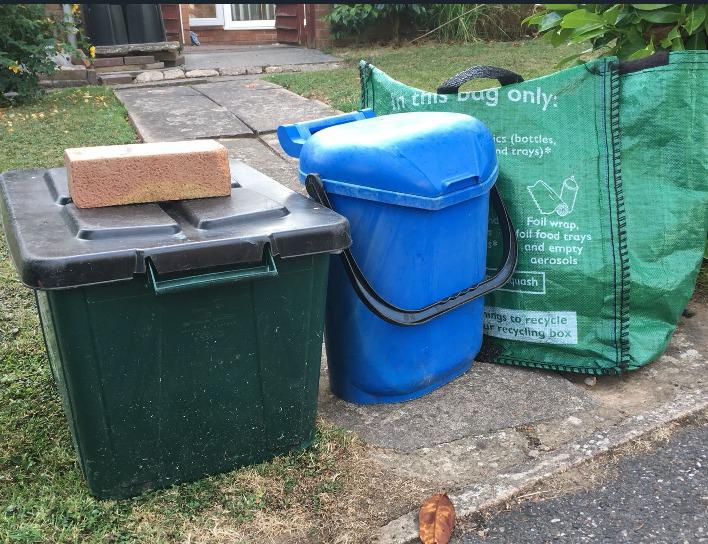
The authority wants to introduce kerbside glass and food waste collections.
In comparison, East Devon has the highest rates with residents recycling more than double in Exeter with a rate of 59 per cent.
Earlier in the year, Exeter City Council’s executive voted to back the principle of changing the way waste is collected in the city and to move to a three-weekly model as used in East Devon.
Under the new proposals, glass would now be collected from the kerbside rather than having to take their empty bottles and jars to recycling banks around the city.
Householders would be issued with a food waste bin and a kitchen caddy for collecting the food waste before it is placed outside in the bin.
Extra recycling boxes and bags would also be issued to householders to allow for the collection of glass bottles and jars.
Collections of the recyclable material would take place weekly, but with the introduction of food waste collections, less waste will need to go in the black bins, and so collections for household waste would only take place every three weeks.
When they meet on Thursday night, Exeter City Council’s place scrutiny committee are being recommended to continue to back the proposals and that nearly £4m is set aside in a budget to implement the changes.
£200,000 is to set aside from General Fund revenue reserves to provide the project management and assistance with roll out, a capital budget of £2.105m is provided for the improved recycling containers, and a capital budget of £1.5m to enhance the Materials Reclamation Facility is required, a report of Simon Hill, Service Manager – Recycling, Waste and Fleet, states.
His report adds: “Implementing these decisions will result in improved financial and environmental outcomes compared to our current service, increasing our recycling rate and reducing net carbon emissions. This will also meet the expectations from government and our residents that food waste and glass be included in our kerbside recycling service.
“Over the ten year period, there is a small net cost of around £30,000 to implementing the option. However from 2022-23, it will be providing a small saving each year to the revenue budget.
“The additional income projected for the MRF will not only be able to fund the borrowing costs associated with the MRF – £87,000 a year – but can also cover the risk of having to return to a fortnightly collection if that becomes mandatory even taking into account additional staffing costs.”
It adds that early engagement with key suppliers of vehicles, recycling containers, MRF sorting equipment and food waste treatment technology indicates that spring or summer 2021 is the earliest practicable date for full implementation of the new service and that additional recycling drivers and loaders will be required, through a combination of external recruitment and redeployment of MRF team members.
His report says that three-weekly rubbish collections have been successfully introduced in other local authorities and that the preferred option was selected on the grounds of lowest cost, lowest net CO2 emissions, improved recycling rate and meeting most residents’ wishes to have food waste and glass collected for recycling at the kerbside.
Officers recommend that both the place scrutiny committee, and then subsequently the executive, recommend to full council, to adopt the new model and to set aside the £3.8m budget for its implementation.
It comes as Exeter City Council have submitted plans for an innovative green electricity project with the ability to power their fleet of electric vehicles.
If given the go-ahead, the solar and battery storage smart grid would connect to the National Grid, supplying green electricity and helping the city towards its target of becoming carbon neutral by 2030.
The site earmarked for the project is in Water Lane, Marsh Barton, and is currently used as the Council’s storage facility for green waste.
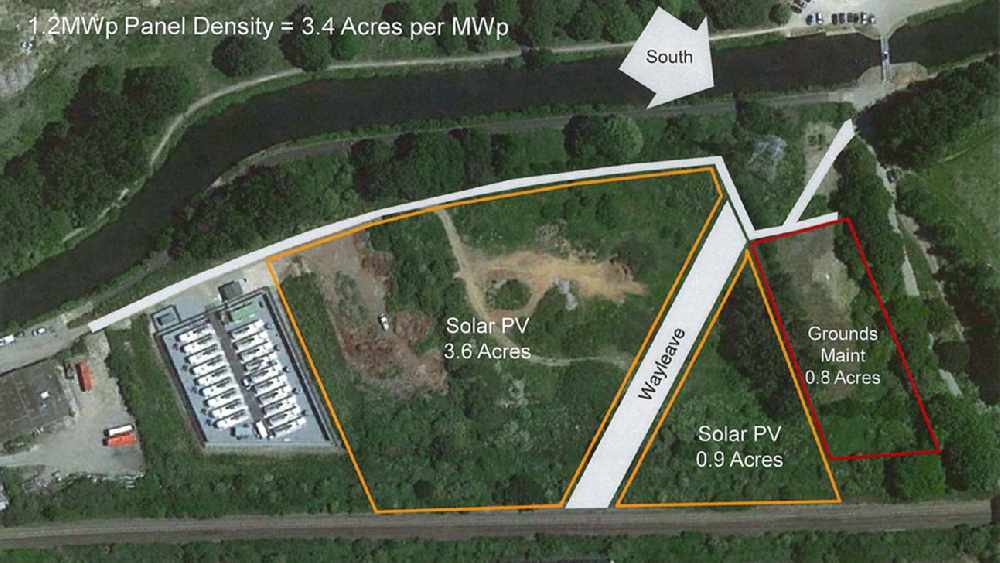
Plans are to provide 3,702 solar panels, two battery storage containers and an electricity switch room. The site would be screened off by existing trees and bushes.
The site would be connected up to the Council’s operational depot in Exton Road, enabling the local authority to provide green electricity to its fleet – including refuse and recycling vehicles – and replace its diesel vehicles and improve air quality.
Surplus energy would be fed into the National Grid during times of peak energy demand, balancing energy flows.
If given the go-ahead by the council’s own planning committee, the project will be made possible thanks to a grant from the European Regional Development Fund.
It is hoped that the project will be up and running by 2021.
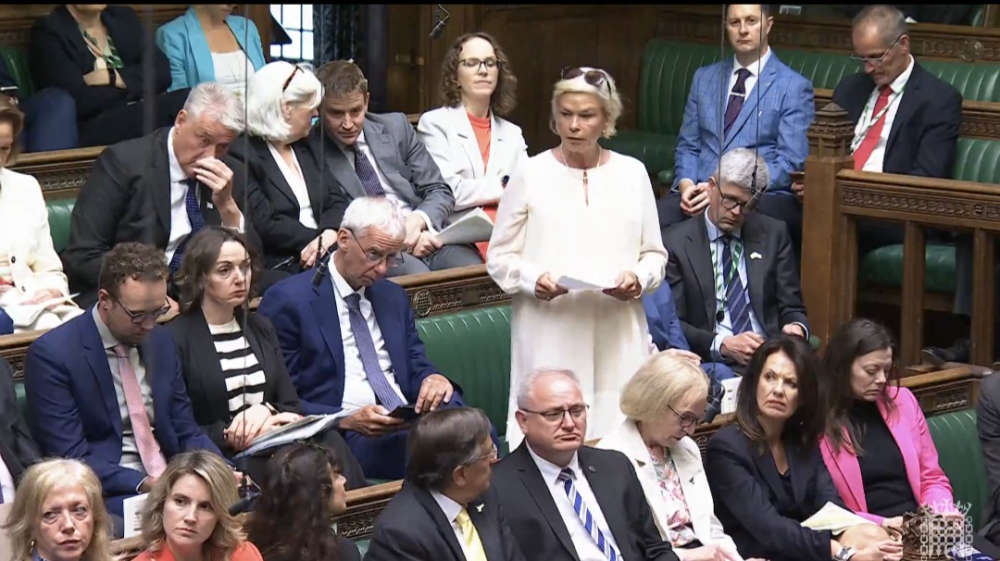 Pension changes could hit public sector workers
Pension changes could hit public sector workers
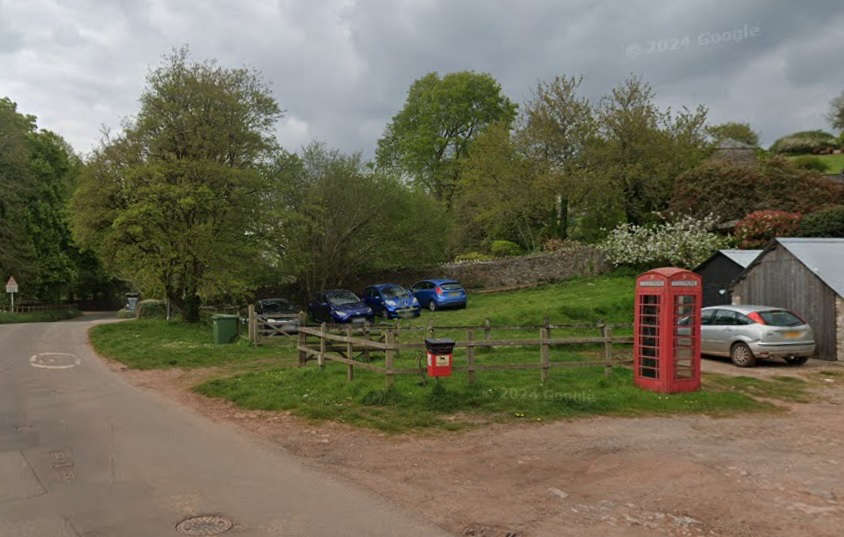 Saved! BT phone box at Compton
Saved! BT phone box at Compton
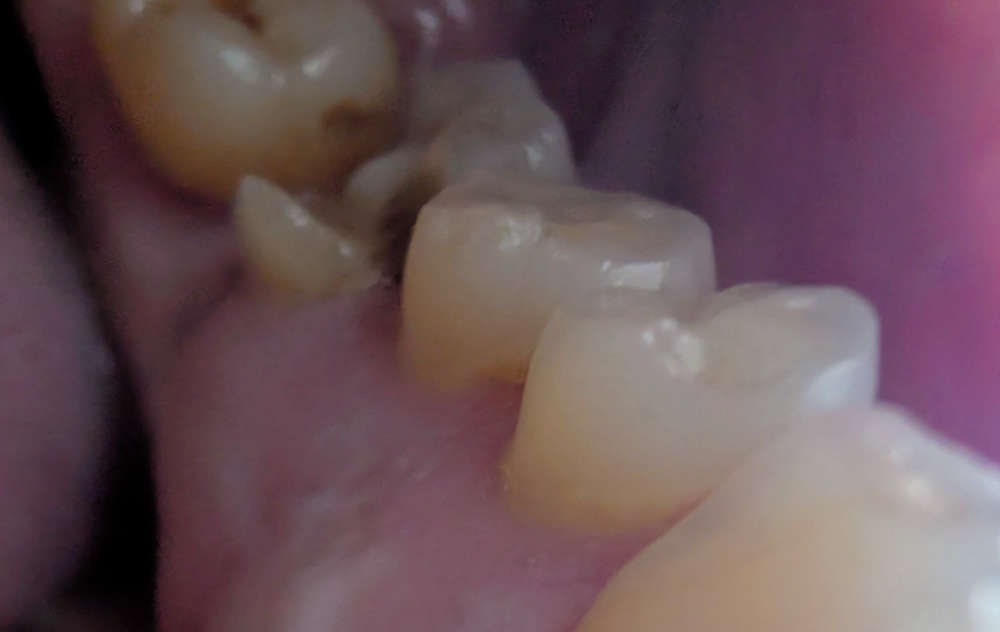 Barnstaple woman pulls out own teeth
Barnstaple woman pulls out own teeth
 Bird house destroyed in Exmouth fire
Bird house destroyed in Exmouth fire
 Exeter man wanted for recall to prison
Exeter man wanted for recall to prison
 Has Dartmoor footpath been wrong for 140 years?
Has Dartmoor footpath been wrong for 140 years?
